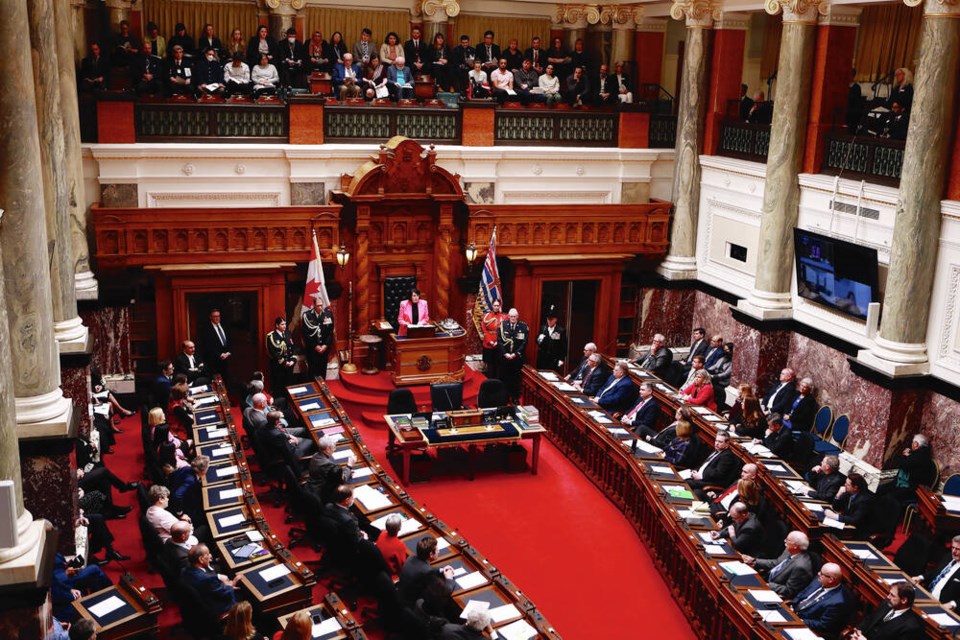A commentary by a Victoria lawyer
Until last week I considered Kafka and Orwell to be wonderful authors, if overly cynical and borderline paranoid.
I take you back to June 2020. We were all struggling to come to terms with the reality that the world was facing a global pandemic.
We were hoping and praying for a vaccine to become available as we watched with horror as people died from the dreaded COVID-19 virus.
B.C.’s NDP government was all set to govern until October 2021, when the next provincial election was scheduled by both legislation and contract with the Greens.
The Opposition laid down its swords and lent its full support to the government, assuring a unified front to fight COVID‑19.
It was simply unthinkable that there could be an election called earlier than the prescribed date in 2021.
That reality aside, only a few months later, before any vaccines were developed, let alone available, and immediately before the inevitable second wave of infection, the NDP called a snap election.
It later came to my attention that in the early days of the pandemic, the NDP government began using our tax dollars, and quite a lot of them, to poll British Columbians with an eye on determining whether the fear percolating around the world at the time might provide a political opportunity for the NDP to get its coveted majority.
Polling questions are nothing more than questions asked of the public so I assumed they would be readily provided on my request.
They are by definition in the public domain.
In January 2021, I made a freedom of information request, seeking disclosure of the polling questions that the NDP government authorized at taxpayer expense.
Surprisingly, the NDP government refused to disclose the polling questions. In response to my request I was given literally thousands of pages of heavily redacted documents.
First the claim against disclosure was “cabinet privilege.” Later that was withdrawn and the claim became that disclosure of the polling questions could be harmful to the NDP government’s relations with an “Indigenous governing entity.”
Between January 2021 and August 2023, my FOI request meandered around the Office of the Information and Privacy Commissioner.
Since Aug. 10, 2023, the matter has been under consideration by an apparently independent adjudicator.
As I continue to await the adjudicator’s decision, just last week, a lawyer for the province wrote to the commissioner advising that it intends to “reconsider” its claim that disclosure of the polling questions could be harmful to relations with an “Indigenous governing entity.”
Yet the documents remain redacted and the polling questions withheld.
What will they try now? Perhaps another snap election call.
>>> To comment on this article, write a letter to the editor: [email protected]



